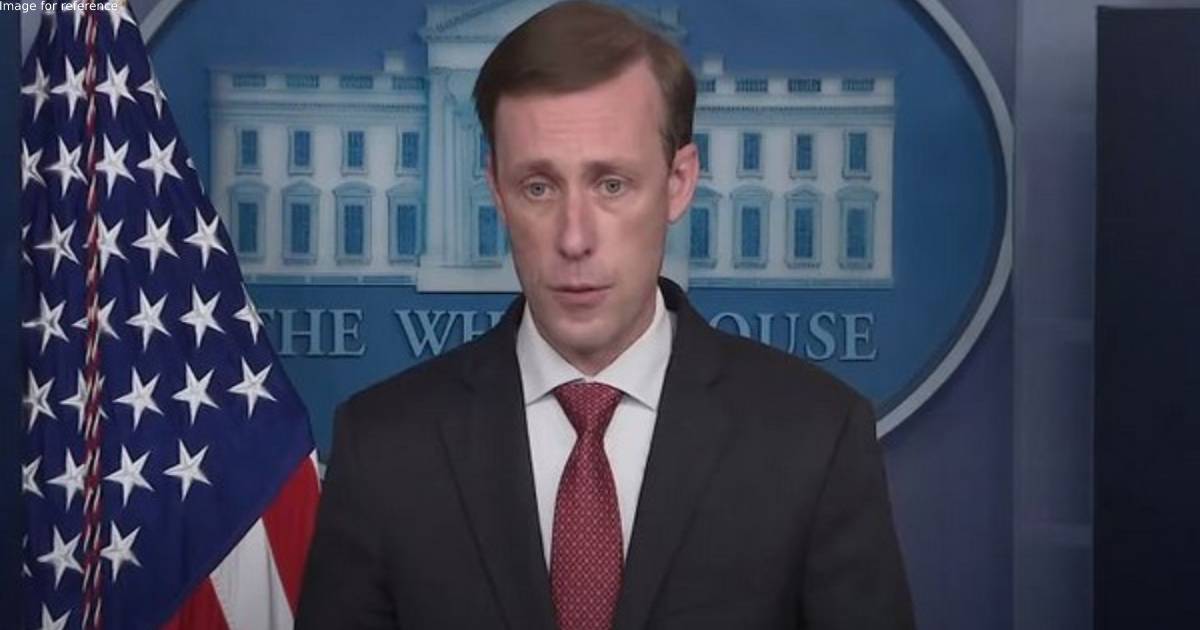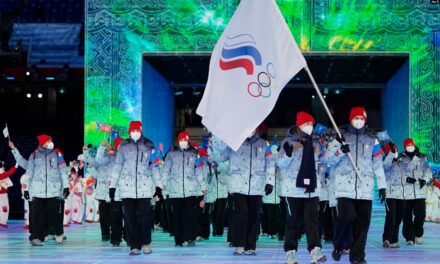Introduction
The United States’ recent proposal for multilateral arms control efforts with major nuclear powers has generated significant interest and triggered a critical examination of its credibility. This scrutiny is rooted in the US’s track record of withdrawing from international agreements, which has raised questions about its commitment to long-term cooperation. By delving into past instances of US withdrawal from treaties and agreements, it becomes apparent that a comprehensive understanding of the current arms control landscape is essential. This analysis sheds light on Russia’s cautious approach to engaging with the US in multilateral discussions, taking into account the implications of the US’s history of abandoning commitments.
US Withdrawal from Treaties: A Pattern of Abandonment
The United States has a troubling pattern of withdrawing from international treaties and agreements, undermining global stability and cooperation. Examples of notable withdrawals include the Anti-Ballistic Missile Treaty (ABM Treaty) in 2002, the Intermediate-Range Nuclear Forces Treaty (INF Treaty) in 2019, and most recently, the Open Skies Treaty in 2020.
The ABM Treaty, which aimed to limit missile defence systems, was unilaterally terminated by the US under the pretext of pursuing a more robust defence against emerging threats. However, this withdrawal undermined the delicate balance of deterrence between the US and Russia and contributed to increased tensions.
The INF Treaty, a landmark agreement banning intermediate-range missiles, was abandoned by the US citing Russian non-compliance. While concerns over Russian violations were raised, the US’s withdrawal from the treaty eliminated an important mechanism for dialogue and verification, further eroding trust and exacerbating an already strained relationship.
The Open Skies Treaty, designed to enhance transparency and confidence-building measures through aerial surveillance flights, was also abandoned by the US. The withdrawal was justified by claims of Russian non-compliance, but it undermined the trust and cooperation among participating nations.
Implications and Russian Caution
Given this history of US withdrawals, Russia approaches the current multilateral arms control proposal with caution. The US’s inconsistent adherence to international agreements raises doubts about its long-term commitment to any new arrangements. Russia recognizes the need for arms control efforts but emphasizes the importance of building trust and ensuring equal participation among all parties involved.
While the US expresses concerns about China’s growing nuclear capabilities, its own modernization of the “nuclear triad” raises questions about its intentions. Russia sees this modernization as an attempt to negotiate from a position of strength rather than a genuine commitment to arms control.
Moreover, the recent US decision to suspend notifications to Russia and revoke privileges related to nuclear treaties raises concerns about the erosion of established mechanisms for dialogue and verification. These actions undermine transparency and heighten the risk of miscommunication and miscalculation in times of crisis.
Russia’s Position and Commitment to Stability
Russia recognizes the need for multilateral arms control efforts that encompass all nuclear-armed states, including the P5. However, it insists on equal participation, mutual respect, and a comprehensive approach that addresses all aspects of strategic stability, including missile defence systems and conventional capabilities.
Russia advocates for the preservation of existing treaties, such as New START, as long as both parties comply with their obligations. It seeks to engage in meaningful discussions prioritising trust-building, crisis communication, and transparency in nuclear matters.
Conclusion
The US’s proposal for multilateral arms control efforts is met with caution from a Russian perspective, considering its history of withdrawing from international agreements. The pattern of abandonment raises doubts about the US’s commitment to long-term cooperation. Russia emphasizes the importance of trust, equal participation, and comprehensive discussions that encompass all aspects of strategic stability. As the international community navigates the complex arms control landscape, it is crucial to acknowledge the concerns and perspectives of all parties involved to foster genuine progress towards a safer and more stable world.





